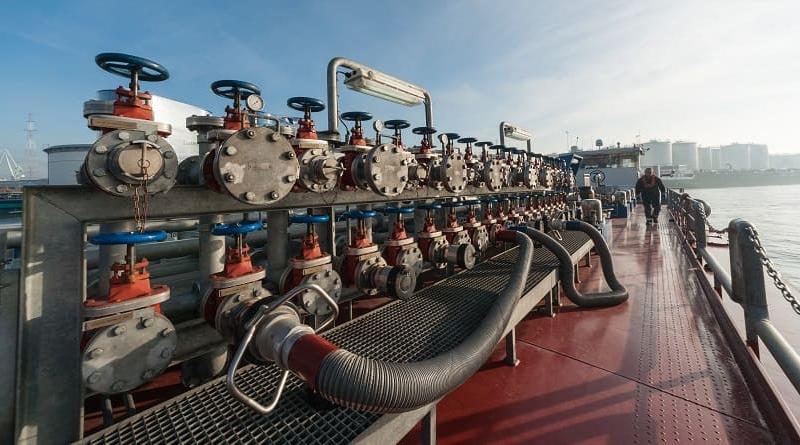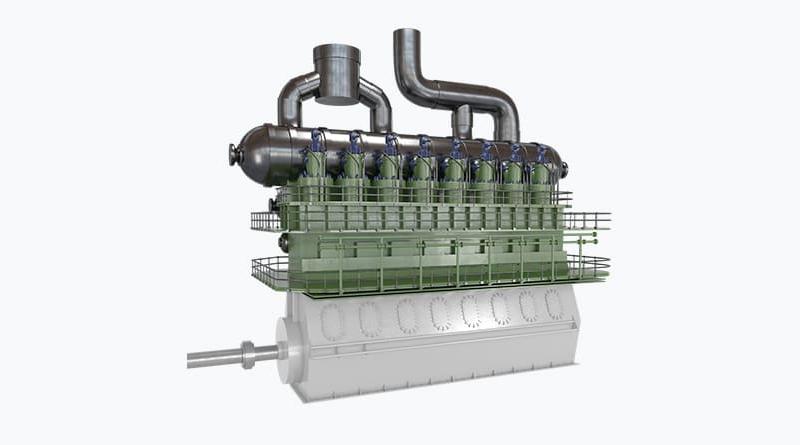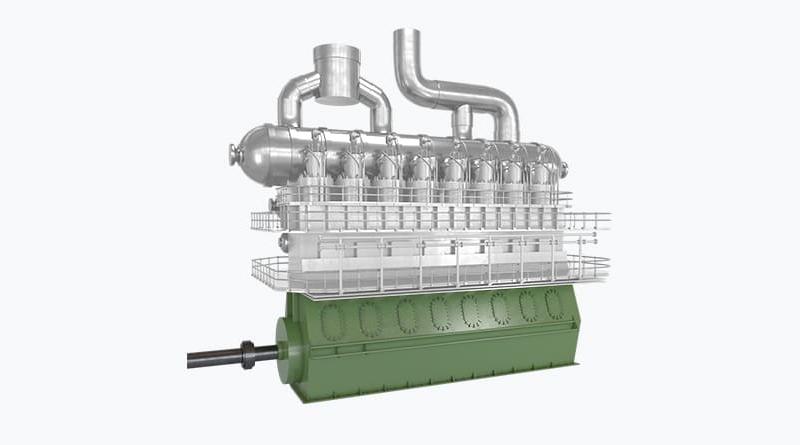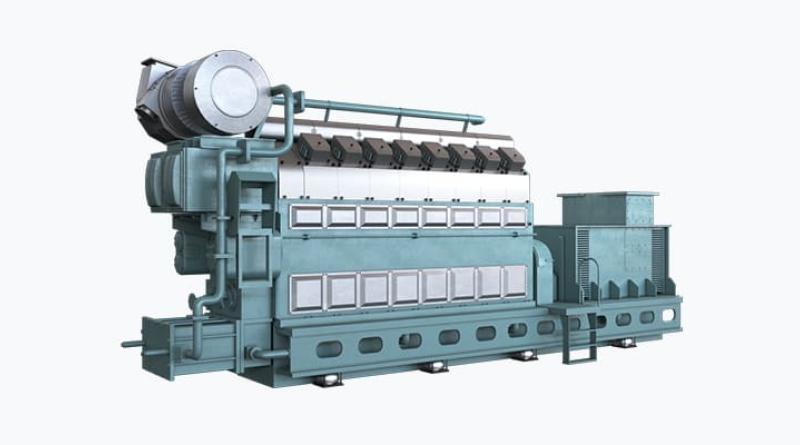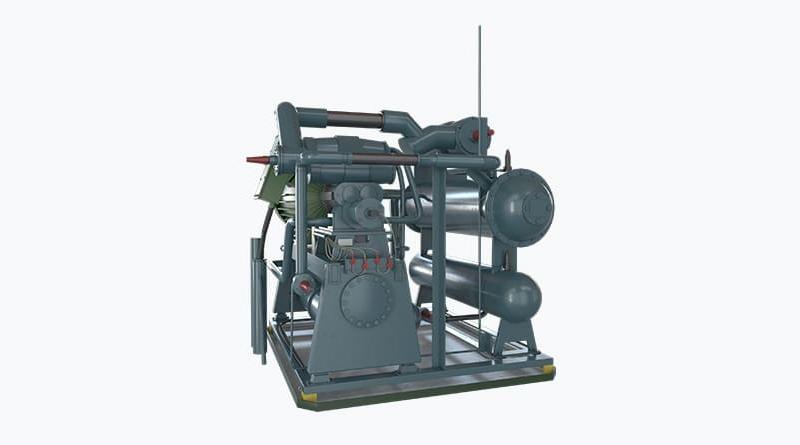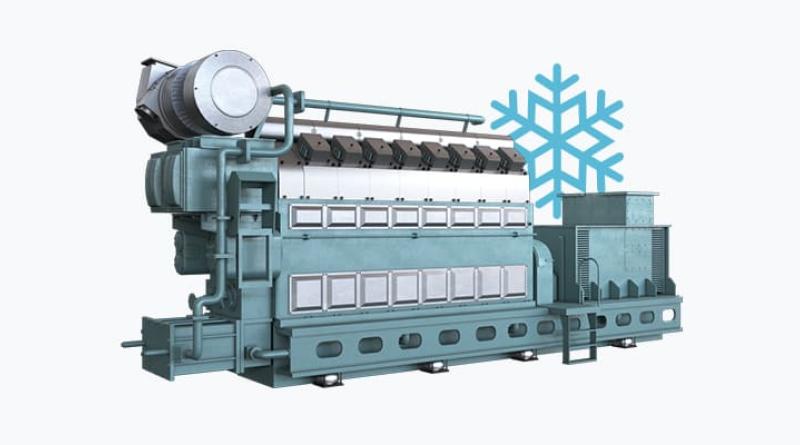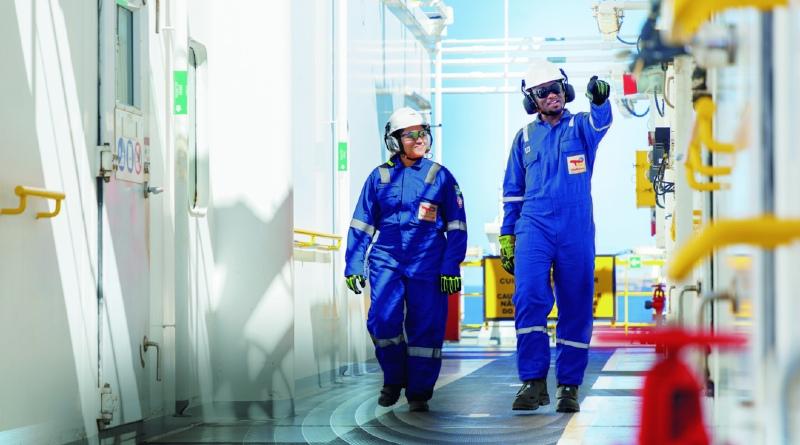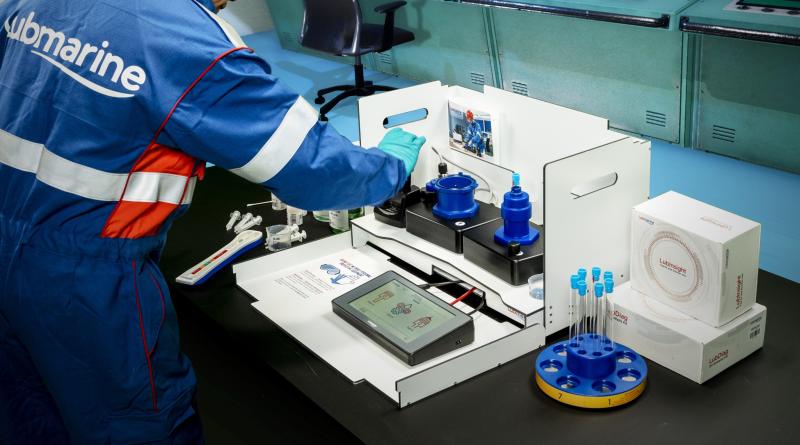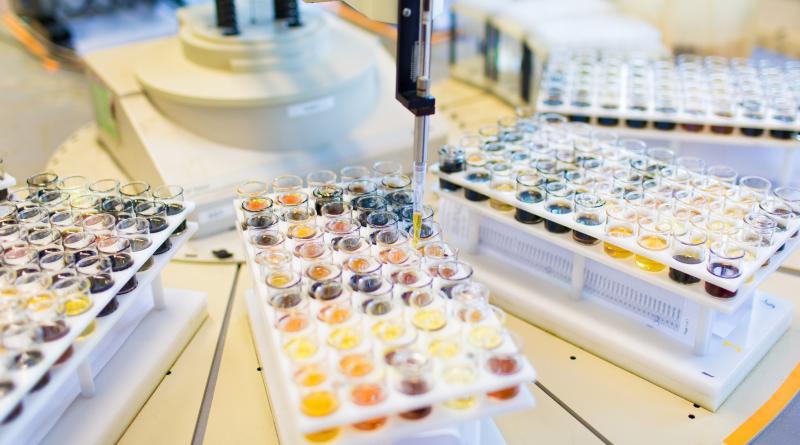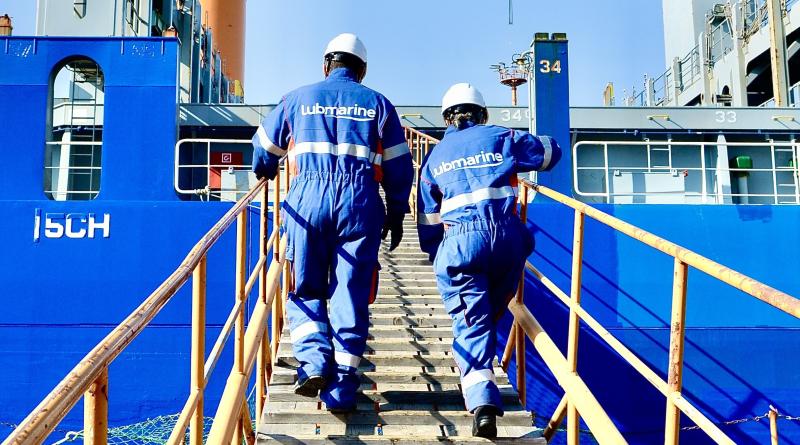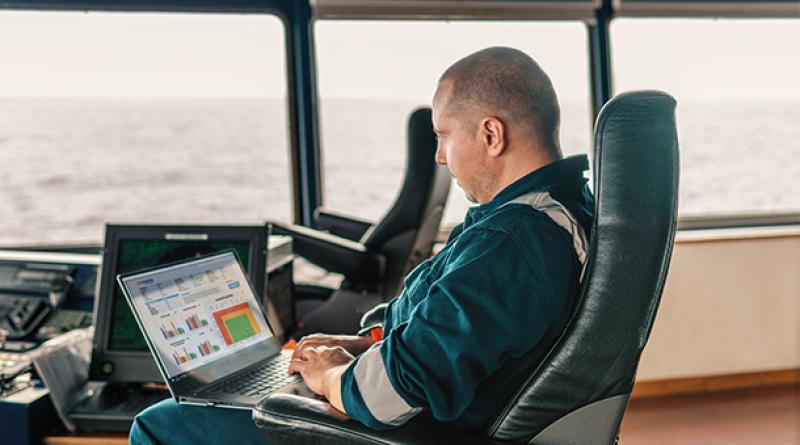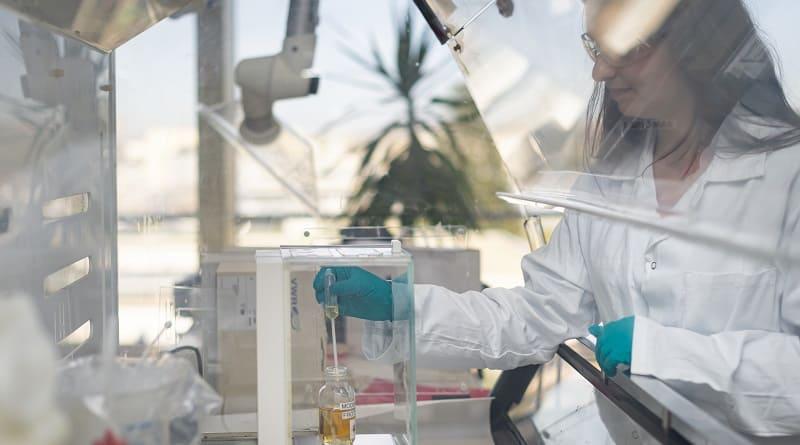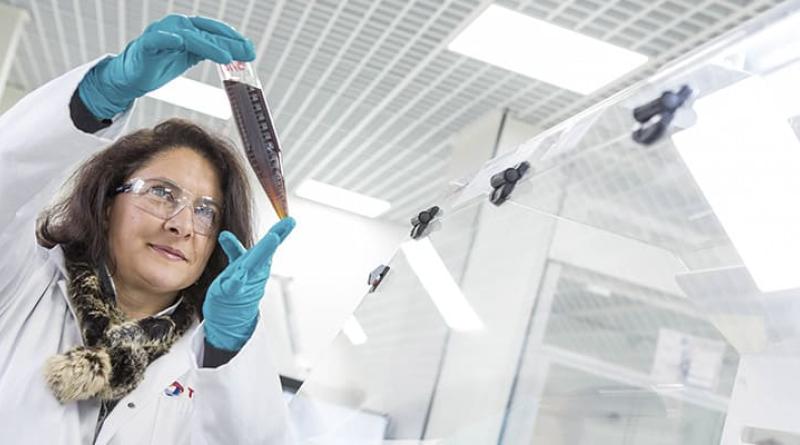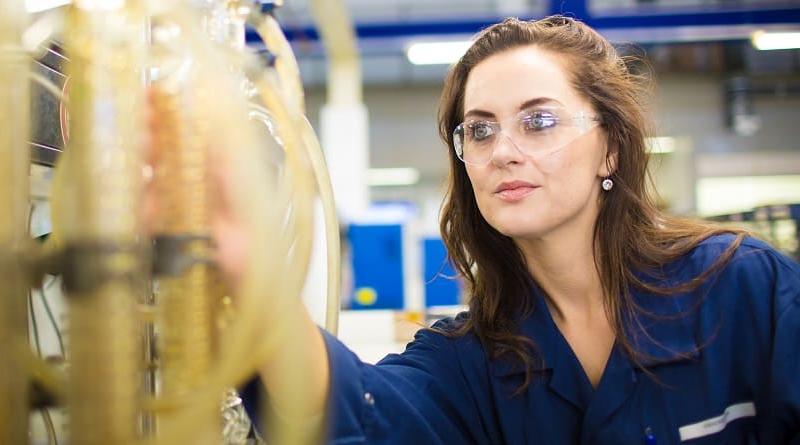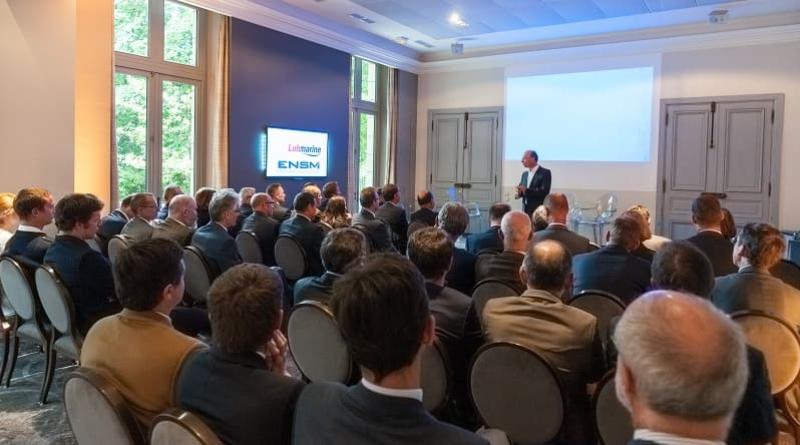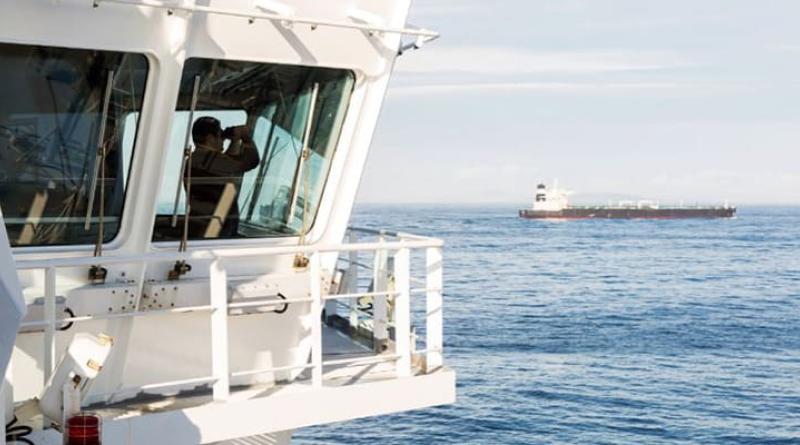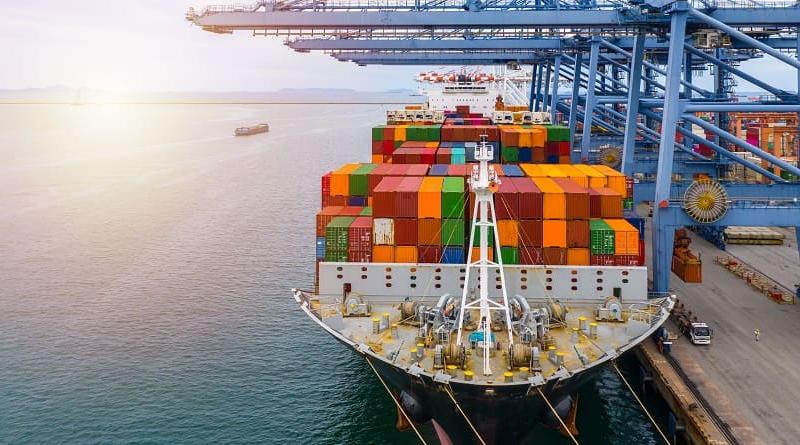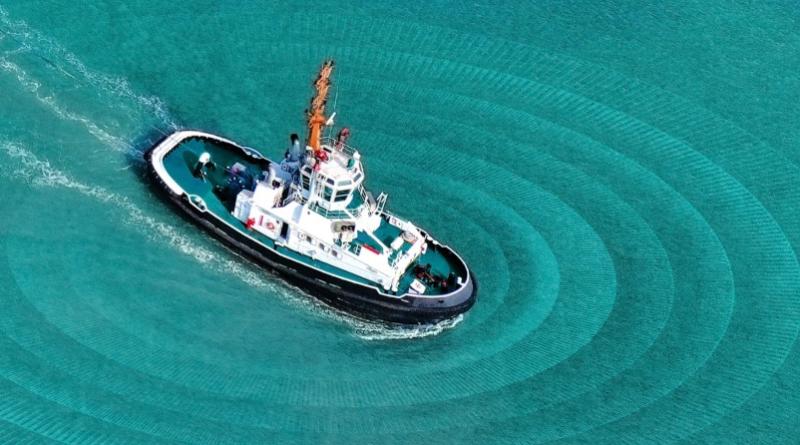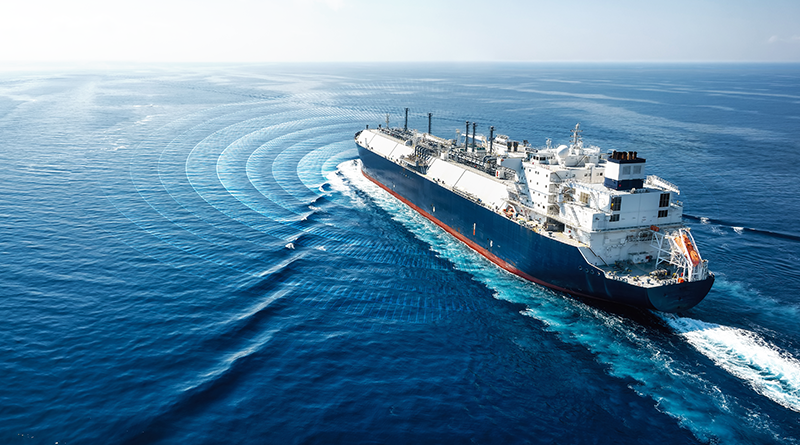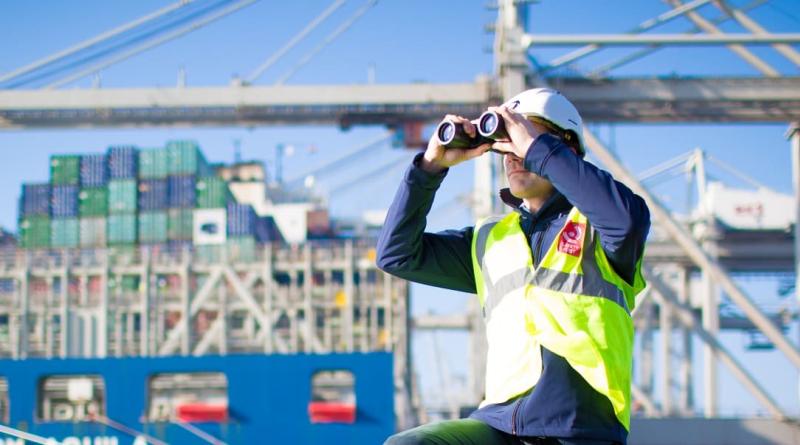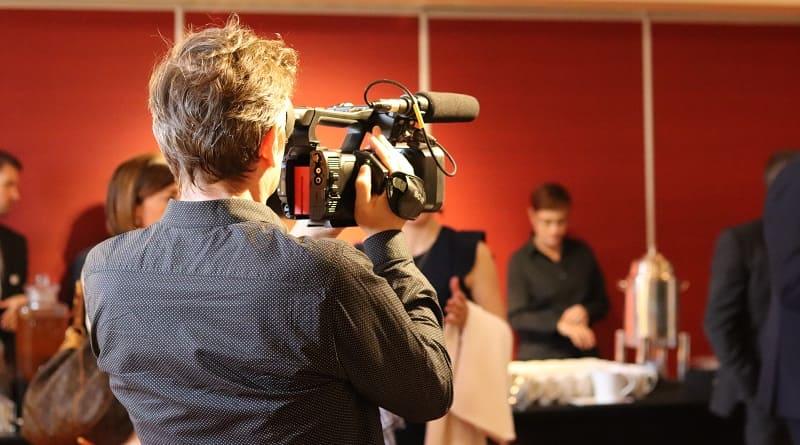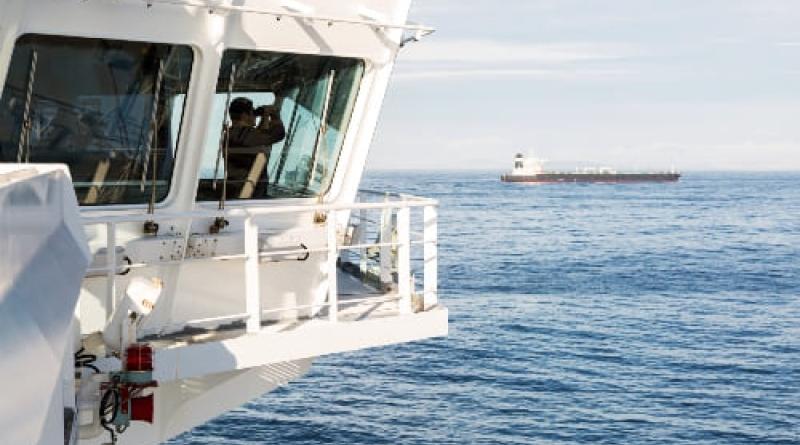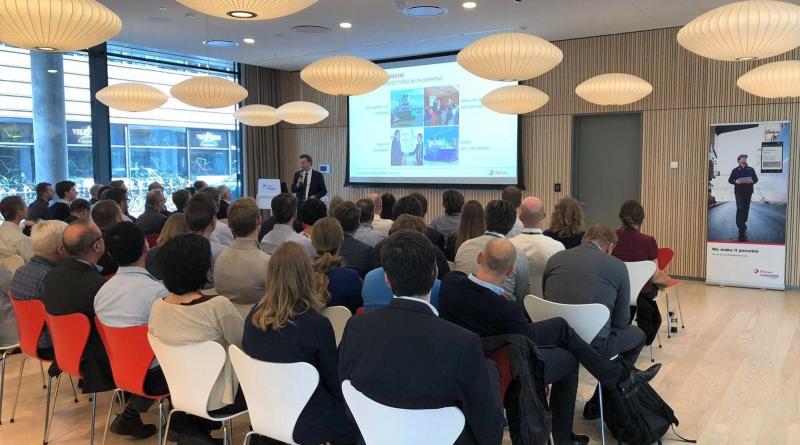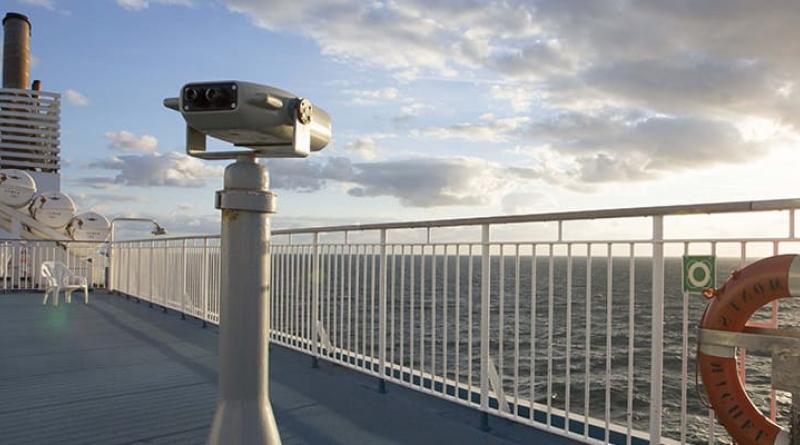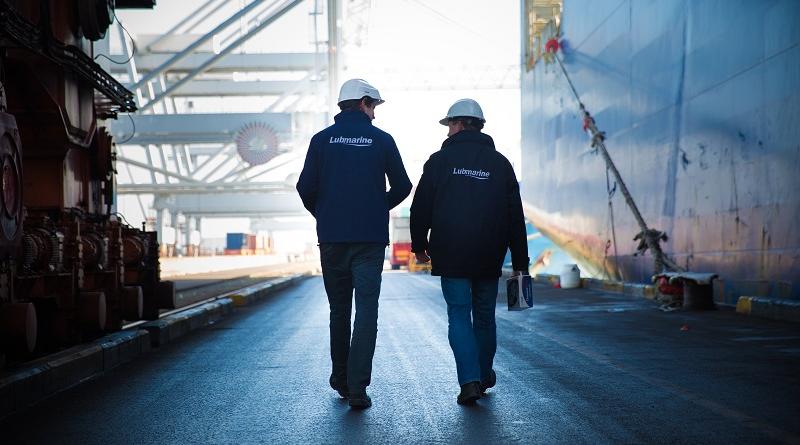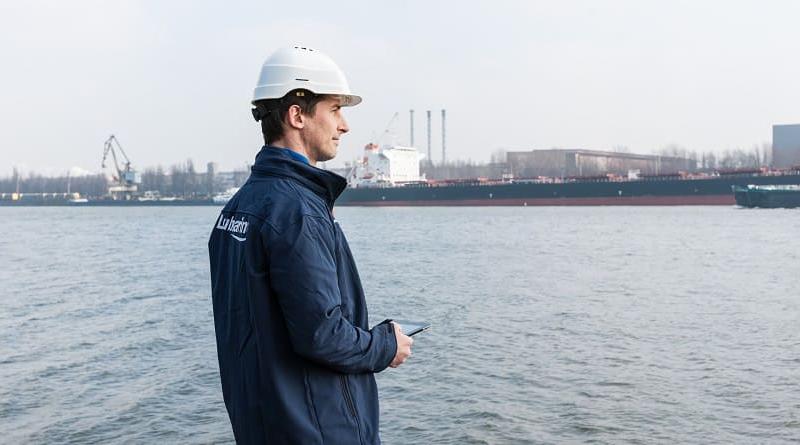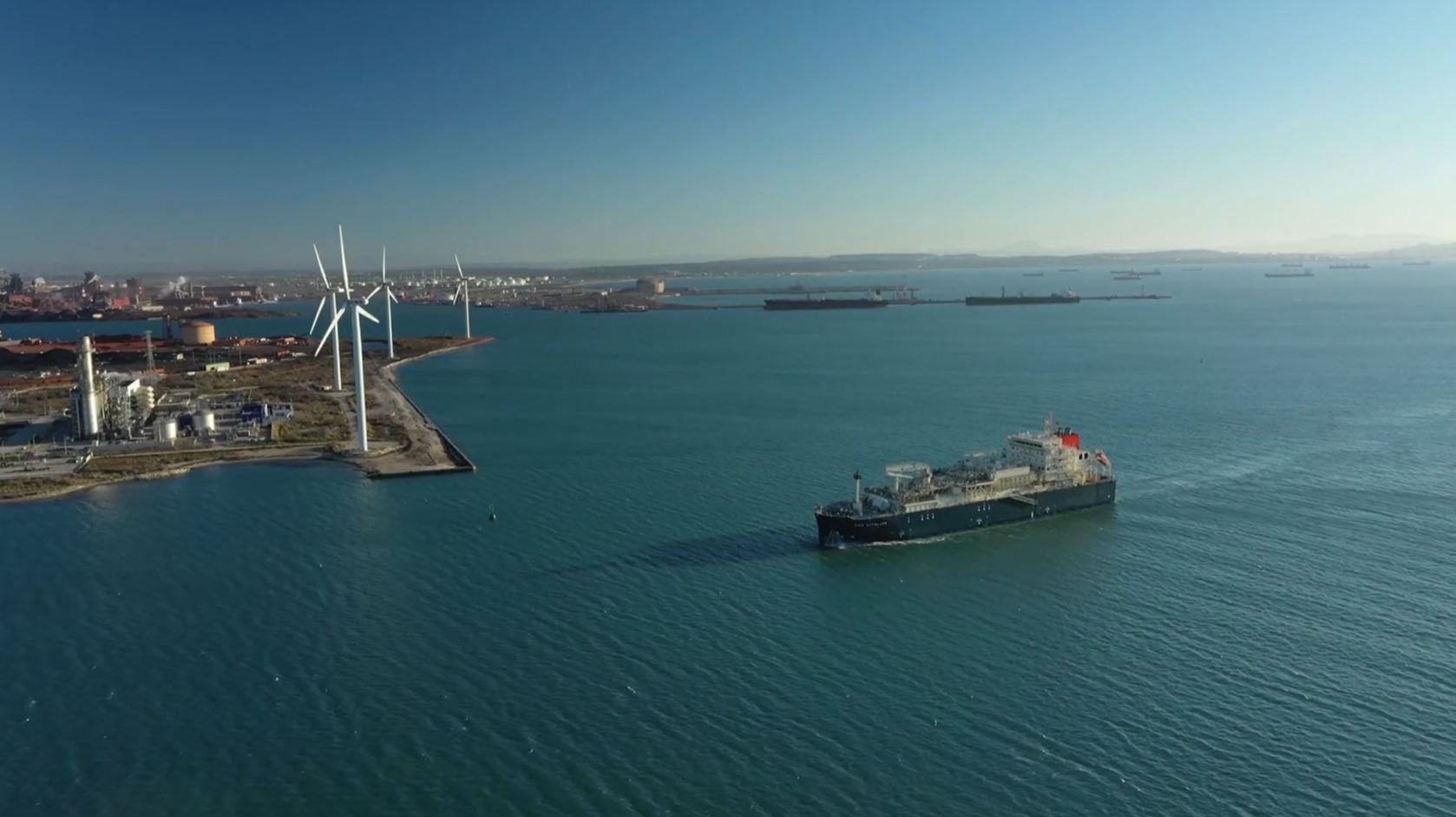
The Kyoto Protocol represents an international agreement that aimed to reduce carbon dioxide (CO2) emissions and the presence of greenhouse gases (GHG) in the atmosphere. It helped lay the groundwork for current global efforts to address climate change.
For the international shipping community and across supply chains, everything we do is geared to support the clean energy transition, and we believe that had it not been for the Kyoto Protocol then industry – including shipping – would not have the level of climate change awareness and international conversations about lowering emissions that we take for granted today.
As we head towards IMO2050, there is no doubt that the future of shipping will comprise a mix of clean fuel solutions and the shipping industry will need all of them to meet future fuel demands.
We believe LNG has an important role, along with bioenergies and hydrogen-based fuels, in shipping’s energy transition. Within this decade, the shipping industry will see the practical development and deployment of a variety of bioenergies and hydrogen-based fuels, including e-Methanol, e-Methane, e-Ammonia and e-Hydrogen. The application of these fuel solutions will centre on first-mover initiatives and pilot trials, which are designed to demonstrate the capability of new vessels in using these cleaner fuels to reduce emissions.
Moving shipping into a carbon-free future will require collective action with stakeholders throughout shipping’s ecosystem, as well as cross-industry collaborations. TotalEnergies’ active participation in various shipping and cross-industry initiatives and coalitions, underscores our commitment to support shipping’s decarbonization goals and to help accelerate the development of future fuels. These external participations include for example:
- SEA-LNG
- CIMAC – Conseil International des Moteurs à Combustion (international board for internal combustion engines)
- SGMF – Society for Gas as a Marine Fuel
- Ammonia Energy Association
Coalitions:
- Coalition for the Energy of the Future
- Getting to Zero coalition
- Maritime Eco Energy Transition
- Mærsk Mc-Kinney Møller Center for Zero Carbon Shipping
Joint study:
- Itochu Joint Study Framework on Ammonia Bunkering
As part of our aspiration to be a major player in the energy transition, TotalEnergies has brought together its knowledge, resources and expertise across the marine-related business value chain, to deliver a coherent and integrated service offering for the global shipping community. From marine fuels and lubricants through to fuel additives and battery production, our experience in shipping operations is supporting a drive for less emissions and a more sustainable future for shipping – one of the reasons we wanted to raise awareness of the importance of the Kyoto Protocol.
You can discover more about the Kyoto Protocol at https://unfccc.int/kyoto_protocol.


